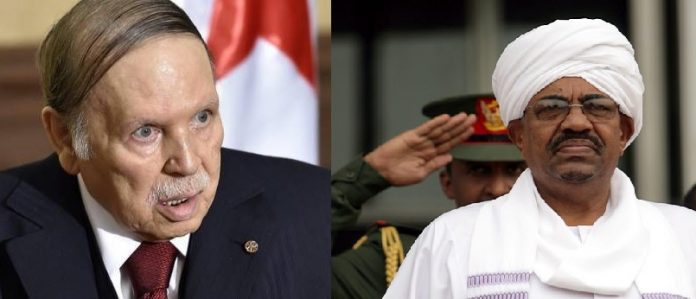
The distinction between African leaders and the people of Africa is clear as crystal. They are not synonymous as the western world would perceive it.
Since pre-independence till date, what African people truly yearn for is a complete and unrestricted freedom. A freedom to speak, write and chose a way of life as well as to develop their communities, but such freedom never came to most African countries. The word “freedom” becomes synonymous with a mythical creature “dragon” to most African countries. This is credited to trading one set of masters (white colonialists) for another set of masters (black neocolonialists) and the oppression and exploitation of African people continued unabated.
The truth about African democracy is ugly, pitiable and to some extent embarrassing. In 1990 for instance, only four African countries namely; Senegal, Botswana, Mauritius and Gambia were considered to be truly Democratic. These countries increased to seventeen out of fifty four countries in Africa as of January, 2017.
Africans are angry at the situation they found themselves. This anger gave birth to the recent regime changes we are currently witnessing in Algeria and Sudan. The African people have spoken, and spoken so loudly that it’s echoes can be heard across the globe.
The downfall of Omar Albashir and AbdulAziz Bouteflika of Sudan and Algeria respectively didn’t come as surprise to most political analysts. In fact, many Africans that are keenly watching the way these two autocrats rule their people considered this bold movement to be long overdue.
The aging President, AbdulAziz Bouteflika began to sense his downfall when two provincial town (Kherrata & Bordj Bou Arreridj) in eastern Algeria went to street in protest on Friday, 22 February 2019. After putting an immense pressure on TV and Radio station not to broadcast the protest, this gave birth to senior journalist resigning and staging a meticulous, bigger protest that lasted for weeks through social media with the help of smart phones.
Few days after Bouteflika stepdown due to incessant pressure from Algerians, 79 years old Gaid Salah is facing the same pressure as he lacks acceptance by the Algerians. As he was also identified as a close ally of Bouteflika and one of the remaining veterans of revolutionary generation that ruled the country for half a century, but proven itself incapable of transforming the lives of the common people.
On the other hand, the crisis trigger that sealed the downfall of president Omar Albashir is economic situation of the country. The way it was controlled by few people that are closed to power, and a burning desire from his trusted General to taste the power after lurking for 30 years.
Unlike Bouteflika, it first looks like Albashir is confident of weathering this challenges and crisis, as he has done it before. Surviving this last round of protest is a sure thing to him, but an unforseen forces tip the scale, igniting a bigger flame that consume Albashir which is the appearance of professional association.
Albashir is fond of intimidation, coercion and using threats to subdue his political opponent. This has a psychological effects that rendered his opposition helpless and considering the political battle as a lost cause. But this time, it was different. With the organisational strength of the professional association and military abandoning Albashir made his downfall even easier and successful.
With the recent incidents in Algeria and Sudan, Africa will be eyeing warily on popular protest that is fueled by lack of transparency and accountability by corrupt governments and ignoring economic grievances of their people.
In both situation, the army which they so relied on to do their illegal bidding, enforcing their unwanted policies and reforms on people can easily switch side. The army which they also considered to be friend, can easily turn out be a formidable foe depending on the existing security measures. The same way Omar and AbdulAziz came to power, it was the same way they were ousted. One could therefore say that Sudan and Algeria had their Arab spring.
This is a clear message to other dictators and autocrats that when people are fed up with seeing few in government mismanaging resources meant for public welfare, calling shots, centralizing power and started demanding for justice, freedom, democracy and equal opportunity, no one, no matter how mighty can deny them what they truly want, not even the military.








































